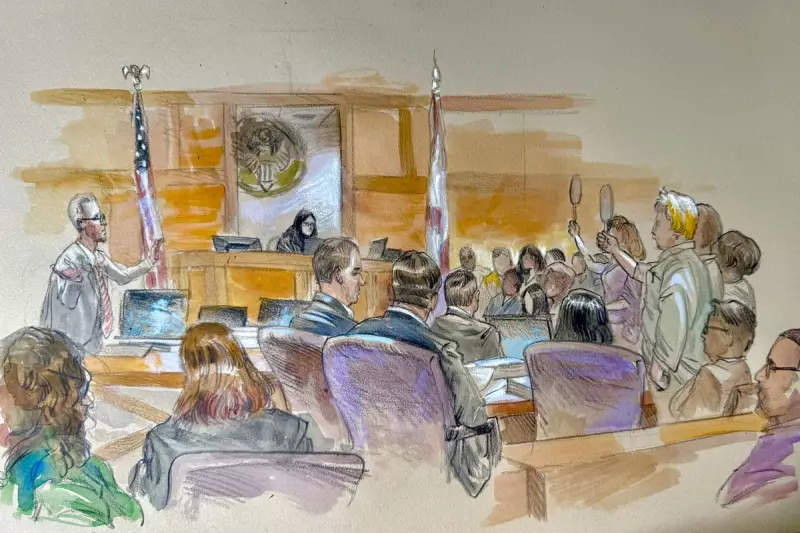
The trial of Ryan Routh, the man accused of attempting to assassinate former US President Donald Trump, has commenced with prosecutors painting a picture of a calculated and chilling plot. The courtroom in Washington DC became the stage for revelations about one of the most significant security breaches in recent American political history.
Routh, who has pleaded not guilty by reason of insanity, sat impassively as the prosecution detailed its case. The gravity of the charges—attempted assassination of a former president and assaulting federal officers—hung heavy in the air.
A Chilling Timeline of Events
Prosecutors methodically outlined the events leading up to the attempt, presenting evidence they claim shows premeditation. They described how Routh allegedly positioned himself to get a clear shot, waiting for the precise moment to act. The court heard how Secret Service agents reacted with lightning speed, their training averting a potential tragedy.
Forensic experts took the stand, presenting ballistic evidence that allegedly links Routh to the weapon used. The prosecution's narrative is one of a deliberate act, meticulously planned and executed.
The Defence's Contention: A Fractured Mind
In stark contrast, Routh's defence team is building a case around his mental state. They argue that their client was suffering from severe psychological distress at the time of the incident, a factor they believe renders him not criminally responsible for his actions.
Psychological evaluations and testimony from mental health professionals are expected to form the cornerstone of their argument. The defence contends that Routh's actions were not those of a rational political extremist, but of an individual in the throes of a profound mental health crisis.
The trial continues, with the nation watching closely as the justice system grapples with an event that shook the core of American politics. The outcome will have profound implications for how such cases are perceived and adjudicated in the future.





